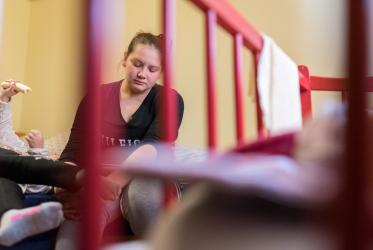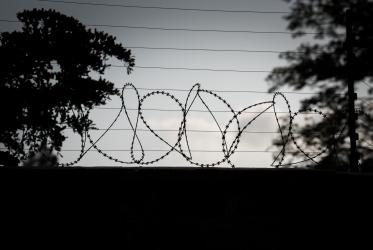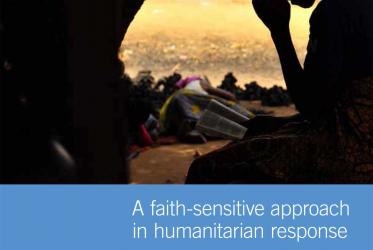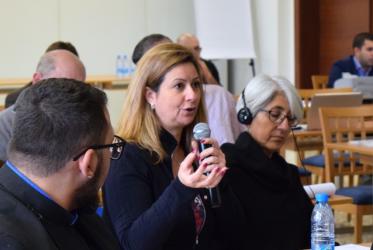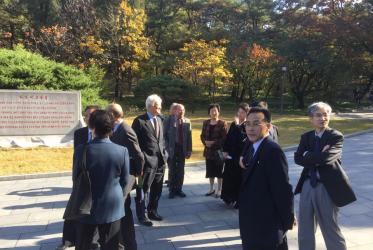Displaying 1 - 20 of 23
WCC sends letters of concern over violence and conflict in Ethiopia
04 February 2021
WCC regrets USA withdrawal from UN relief for Palestinian refugees
03 September 2018
Rebecca Dali: My faith in God motivates me every second
24 August 2017
Churches’ diaconal action in the Middle East analyzed
01 December 2016


